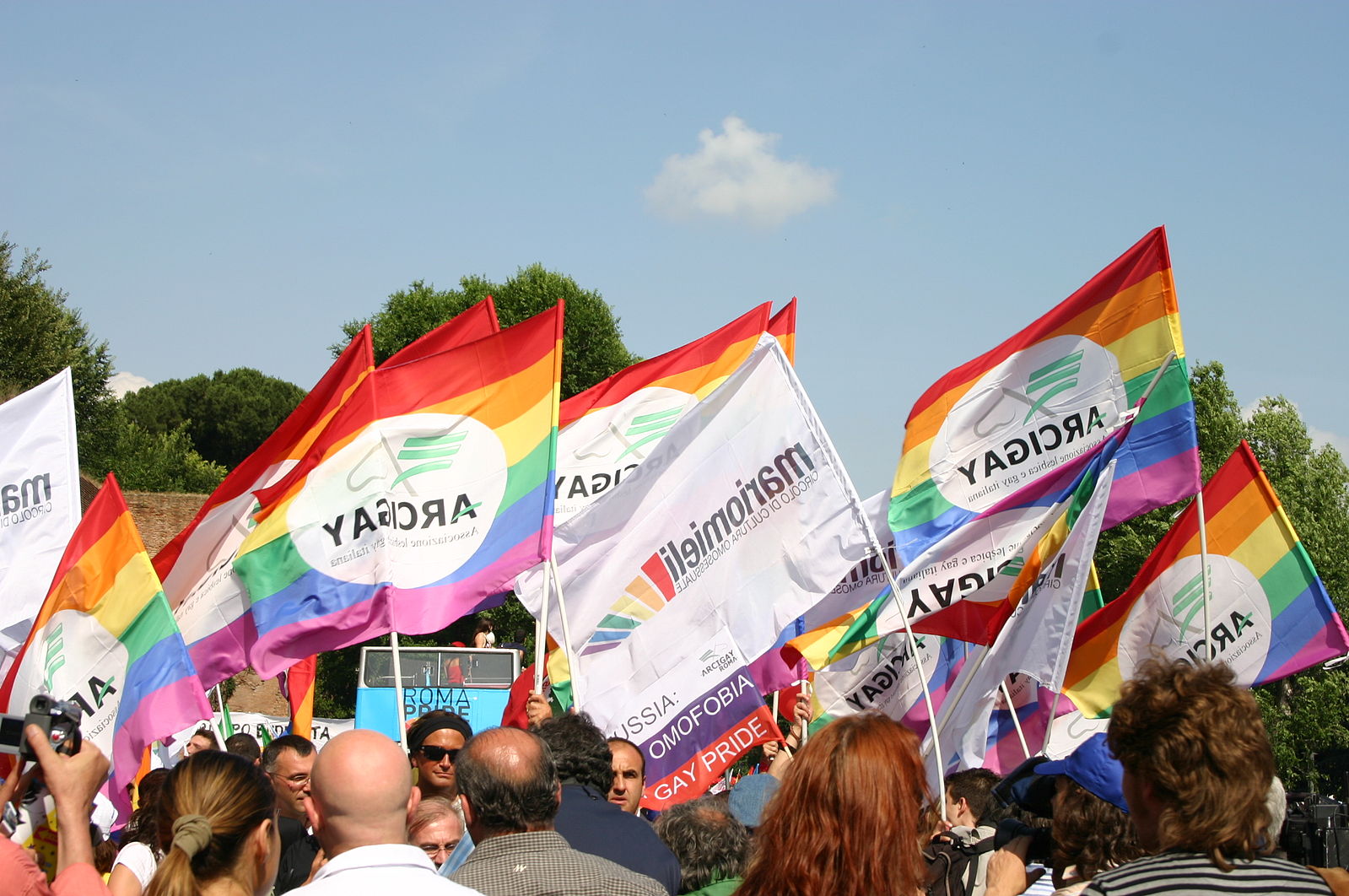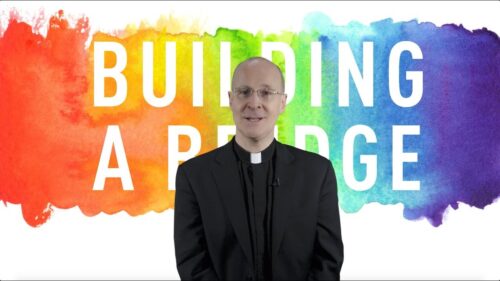The global situation of LGBTQ persons and communities is very complex, difficult and often tragic. Even if there are signs of improvement in some countries, the dangers are increasing everywhere and setbacks are possible even in the most progressive areas of the world. Moreover, the pandemic, as underlined by the United Nations, has disproportionally affected LGBTQ people. Attention and action, both bilaterally and multilaterally, are more necessary than ever.
Last November, when I was appointed as one of the few Special Envoys for the Human Rights of LGBTIQ+ Persons, I felt the pressure of this post. At that time, only the United States, the United Kingdom and Italy had introduced this mandate. Argentina’s recently joining this group is sign of a trend, a sign that something meaningful has begun to occur: the building of a structured, international and institutional approach. I hope that other countries will join this pattern.
Connection to a values system is of paramount importance for the world to make any permanent improvements. That system of values has a well-known and clear name: human rights.
I know that there are doubts about the capacity of these rights to meet all expectations. (See Samuel Moyn’s The Last Utopia.) Nevertheless, human rights is, and will remain, the system that allows us to define any possible plan of action. For the past five years, I have served as president of the Italian Inter-ministerial Committee for Human Rights, further underlining that LGBTQ rights are human rights.
“Seventy countries still criminalize same-sex sexual relations between consenting adults, and 11 countries allow the death penalty for such a crime.”
The 2012 United Nations report “Born Free and Equal” made clear that many important treaties, including the International Covenant on Civil and Political Rights, the International Covenant on Economic, Social and Cultural Rights and prohibitions on torture and sex-based discrimination guarantee fundamental rights to LGBTQ persons.
Yet 70 countries still criminalize same-sex sexual relations between consenting adults, and 11 countries allow the death penalty for such a crime. Moreover, transgender people are among those who are most exposed to violence across the globe; the situation of intersex persons, still subject in some regions to the terrible practice of genital mutilation, is also complicated.
More generally, and in many areas of the world, LGBTQ persons and communities are victims of extensive discrimination, marginalization and violence. Hate speech and degrading treatment, such as punitive anal inspections in several Middle Eastern and African nations, are widespread. Multiple and intersecting forms of discrimination, from unsafe conditions for women and girls to issues of racism, further exacerbate the situation. The life and dignity of LGBTQ persons are often considered of “lesser value” when compared to other citizens.
Last May, during the I.L.G.A. World Conference in Los Angeles, I met with LGBTQ activists from various groups, as well as with LGBTIQ youth representatives. The clear impression I received is that, on the grassroots level, a sense of community helps to shape a strategic vision in the fight for equality and non-discrimination. More and more, this sense of community needs and merits an adequate response from institutions, first and foremost.
Institutions should learn from human-rights defenders, as there is an urgent need for unity at all levels. (For this reason, it is a very positive step that the U.S. has appointed a civil representative as special envoy.) It is not only crucial to cement alliances and build trust with countries that can play a positive global and regional role; it is also important to reinforce the role of international institutions, including financial institutions.
At a global level, there are several important, coordinating mechanisms of like-minded countries on LGBTQ issues, such as the Equal Rights Coalition, the Global Equality Fund and the United Nations LGBTI Core Group. In Geneva, Victor Madrigal-Borloz, a U.N. expert on sexual orientation and gender identity, also works for LGBTQ rights in numerous countries.
The European Union, the Council of Europe and the Organization of American States are all committed in this field, as are important financial institutions like the World Bank. Yet as an LGBTQ human rights defender from Ukraine said at the last I.L.G.A. World Conference, it is difficult to find institutions and international organizations that even answer the phone in times of need.
An LGBTQ human rights defender from Ukraine: It is difficult to find institutions and international organizations that even answer the phone in times of need.
Greater unity also means the capacity to be more reactive and pro-active, and the ability to make the international bodies to function at their best. Adequate financial support is also paramount, but without unity, this aim cannot be achieved at the necessary level.
Fundamental to fostering unity is keeping alive the dialogue between the Global South and North. It is no coincidence that I try to balance my missions between both hemispheres. I do this as a concrete sign of dialogue and to understand firsthand the different sensitivities and approaches. This is not only a question of good common sense, but it is also a formidable contribution to plurality that the LGBTQ dimension can bring to the human rights path.
Through their difficult personal stories, LGBTQ persons and communities bring the sensibilities of different regions, cultures, religious traditions and socio-political systems to the global debate. This is always performed with an empathetic approach on our path towards the protection of all human rights.



